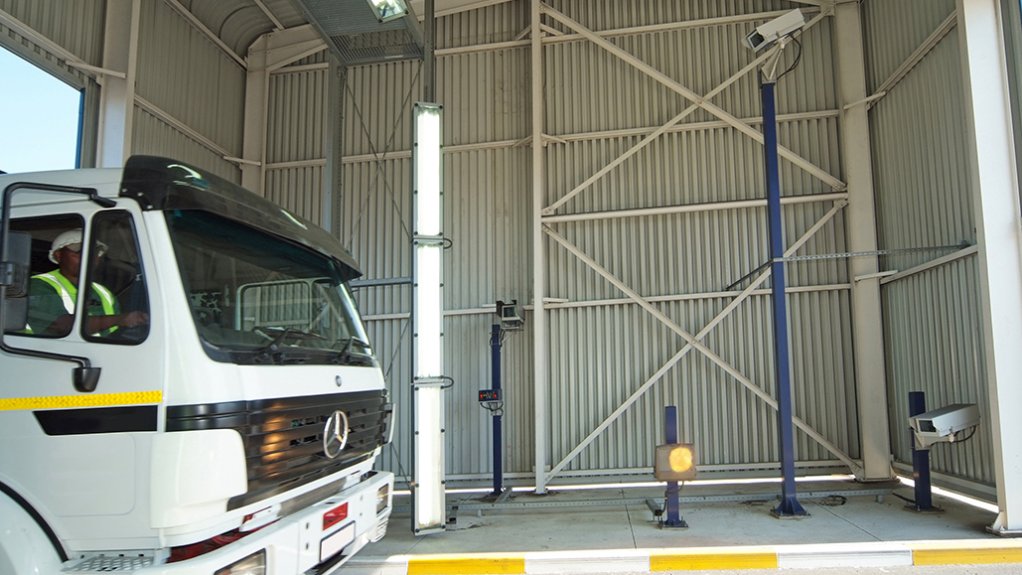Updated transport sector BBBEE codes key for SME integration
The Department of Transport is advocating for the infusion of small and medium-sized enterprises (SMEs) into the economy through the alignment of the integrated transport sector codes with the amended generic codes of good practice published by the Department of Trade, Industry and Competition.
Speaking at the 2023 Road Freight SME Summit, in Johannesburg, on October 20, DoT integrated transport planning deputy director-general Rirhandza Mashava said the integration process should be completed by the end of the current financial year.
The amended integrated transport sector codes that the charter council was working on should facilitate empowerment and the development of competitive value chain optimisation scorecards for all the eight transport subsectors, namely the aviation; bus; forwarding and clearing; maritime; rail; road freight; and taxi and public sector subsectors, she noted.
The process began in earnest when Transport Minister Lydia Sindiswe Chikunga introduced the Transport Sector Broad-Based Black Economic Empowerment (BBBEE) Charter Council on May 11 with a mandate to ensure the development of a progressive legislative framework that empowers SMEs in the transport sector.
“The appointment of council members will assist us to rapidly implement BBBEE as a critical enabler of economic growth and social transformation,” Chikunga said at the time.
Mashava said the appointment of the council came against the backdrop of making an eight-year commitment to accelerate inclusive programmes and to ensure a visible change in the lives of those who still felt disadvantaged and excluded from meaningful economic participation.
“For a more equitable outcome to be realized in the economy, inclusive growth will imply equitable distribution of productive assets. That means radically reduced sources of inequality and social fragility based on ownership patterns,” she said.
Mashava noted that the mandate for the charter council to amend the sector codes in consultation with all the major stakeholders in the transport sector was to ensure that there was active and meaningful economic activity in rural areas in townships.
“This mandate is not just a compliance or tick box exercise, but it is aimed at ensuring that the legislative framework to be crafted will make both social and economic sense. The work of the department through the charter council is to ensure that the development and empowerment of SMEs in the transport sector does not remain an empty narrative with no clear strategic direction or leadership,” she stated.
Mashava noted that there was a significant surge in the participation of SMEs in the road freight sector.
“SMEs entering the sector bring fresh perspectives and innovative ideas, challenging the status quo and driving positive change. New entrants often possess a deep understanding of the niche market and are agile enough to adapt quickly to changing consumer demands. Their presence introduces healthy competition, stimulating existing freight companies to enhance the efficiency, service quality and price structures,” she said.
She said that SMEs created job opportunities, supported local suppliers, and contributed to overall economic development. Moreover, since SMEs tended to have a closer connection to their communities, Mashava said they often prioritised the hiring of local talent, thereby reducing unemployment rates and improving the standard of living.
“While the entrance of SMEs in the road freight sector brings about numerous advantages, it is crucial to acknowledge the challenges they may face. These challenges include limited access to capital, regulation complexities, and intense competition. As a society, we must address these obstacles by providing financial support, simplifying regulatory procedures and offering training and mentorship programmes to foster their growth and ensure the long-term sustainability,” Mashava said.
Article Enquiry
Email Article
Save Article
Feedback
To advertise email advertising@creamermedia.co.za or click here
Press Office
Announcements
What's On
Subscribe to improve your user experience...
Option 1 (equivalent of R125 a month):
Receive a weekly copy of Creamer Media's Engineering News & Mining Weekly magazine
(print copy for those in South Africa and e-magazine for those outside of South Africa)
Receive daily email newsletters
Access to full search results
Access archive of magazine back copies
Access to Projects in Progress
Access to ONE Research Report of your choice in PDF format
Option 2 (equivalent of R375 a month):
All benefits from Option 1
PLUS
Access to Creamer Media's Research Channel Africa for ALL Research Reports, in PDF format, on various industrial and mining sectors
including Electricity; Water; Energy Transition; Hydrogen; Roads, Rail and Ports; Coal; Gold; Platinum; Battery Metals; etc.
Already a subscriber?
Forgotten your password?
Receive weekly copy of Creamer Media's Engineering News & Mining Weekly magazine (print copy for those in South Africa and e-magazine for those outside of South Africa)
➕
Recieve daily email newsletters
➕
Access to full search results
➕
Access archive of magazine back copies
➕
Access to Projects in Progress
➕
Access to ONE Research Report of your choice in PDF format
RESEARCH CHANNEL AFRICA
R4500 (equivalent of R375 a month)
SUBSCRIBEAll benefits from Option 1
➕
Access to Creamer Media's Research Channel Africa for ALL Research Reports on various industrial and mining sectors, in PDF format, including on:
Electricity
➕
Water
➕
Energy Transition
➕
Hydrogen
➕
Roads, Rail and Ports
➕
Coal
➕
Gold
➕
Platinum
➕
Battery Metals
➕
etc.
Receive all benefits from Option 1 or Option 2 delivered to numerous people at your company
➕
Multiple User names and Passwords for simultaneous log-ins
➕
Intranet integration access to all in your organisation



















